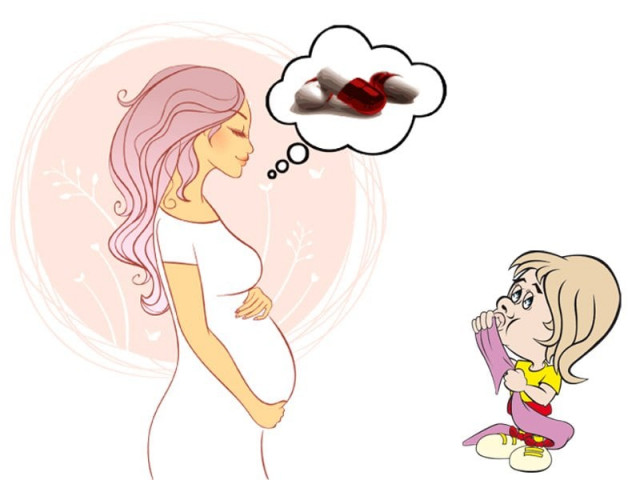
Pregnancy can be a frustrating ordeal and carries its own set of problems which can aggravate or cause insomnia and tempt one to pop one of those colourful pills that promise to drive away all the stress and worrying. Imagine that one night where you can slip away into a dreamless state of sleep, waking up exuberant and refreshed to face the challenges of the new day. Sounds tempting, doesn’t it?
But according to Baby Center, sleeping pills are addictive, habit-forming and most of them do not even actually make you fall asleep. They simply depress your nervous system, making you ‘think’ that you were asleep when you actually didn’t get much sleep at all.
Many doctors normally prescribe sleeping pills because they don’t know how to treat insomnia. However, during pregnancy, doctors hesitate to recommend sleeping pills because they carry risks for the baby.
Baby Center notes that due to the habit forming nature of the pills (whether they are anti-depressants or benzodiazepines or other off-the counter pills), the baby can become addicted to them and may experience withdrawal symptoms later on.
Studies also indicate that sleeping pills may also result in the baby suffering from jaundice, brain damage or a low IQ. Animal studies have shown that the foetus is at risk when sleeping pills are taken.
Popping a sleeping pill occasionally is okay if you’re having a bad night. But try relaxation techniques, regular exercise, a healthy diet, or a warm bath to cure your insomnia. Waking up at the same time everyday and staying out of the bedroom when you’re not really ready to sleep also works.
How to stop kids from thumb sucking:
Thumb sucking is a habit that many kids resort to because it offers them a safe zone to cuddle up in — it’s soothing, offers warmth, comfort and security. For infants, it is almost reflexive when they start becoming aware of the world around them, especially during the teething stage when they want to suck on something soft, be it toys or fingers or an ice cube. However according to WebMD, this habit is addictive, can distort your child’s teeth and jaw structure, and interfere with speech and language development.
So how do you make it stop? It will be hard in the beginning of course, especially if your child needs to suck her finger or thumb in order to fall asleep. But you need to put an end to it before it becomes a life-long habit. So some pain in the beginning is essential for your child’s benefit in the long-run.
The Huffington Post recommends some remedies, some of which included the following:
• Distract your child when she’s sucking her thumb. Read to her and if she is about to fall asleep, give her a stuffed toy to wrap her hands around so that she doesn’t resort to putting her finger in her mouth.
• Make your child understand that because he/she is growing up, it’s time to give up the thumb sucking habit because it’s bad. Explain the negative effects of it. Reward your child with little gifts or compliments whenever he/she listens to you.
• If nothing works, you could try the old method of putting something that tastes bad on the child’s thumb but it’s really not recommended.
A fun yet nutritional recipe to try at home with kids is Banana Pancakes. All you have to do is add slices of bananas into the pancake batter and pour batter into circles, triangles and rectangle for fun-shaped pancakes.
Published in The Express Tribune, Ms T, January 20th, 2013.
Like MsT on Facebook for your dose of girl talk.

















COMMENTS
Comments are moderated and generally will be posted if they are on-topic and not abusive.
For more information, please see our Comments FAQ